Forum Replies Created
-
AuthorReplies
-
 R. W. RynersonParticipant
R. W. RynersonParticipantWe are digging Denver and the Front Range out of 16 to 30 inches of wet snow. Luckily there was enough left over in the storm so we sent the rest of it to the Midwest. It could have been worse and in 1970 it stayed in Berlin till April.
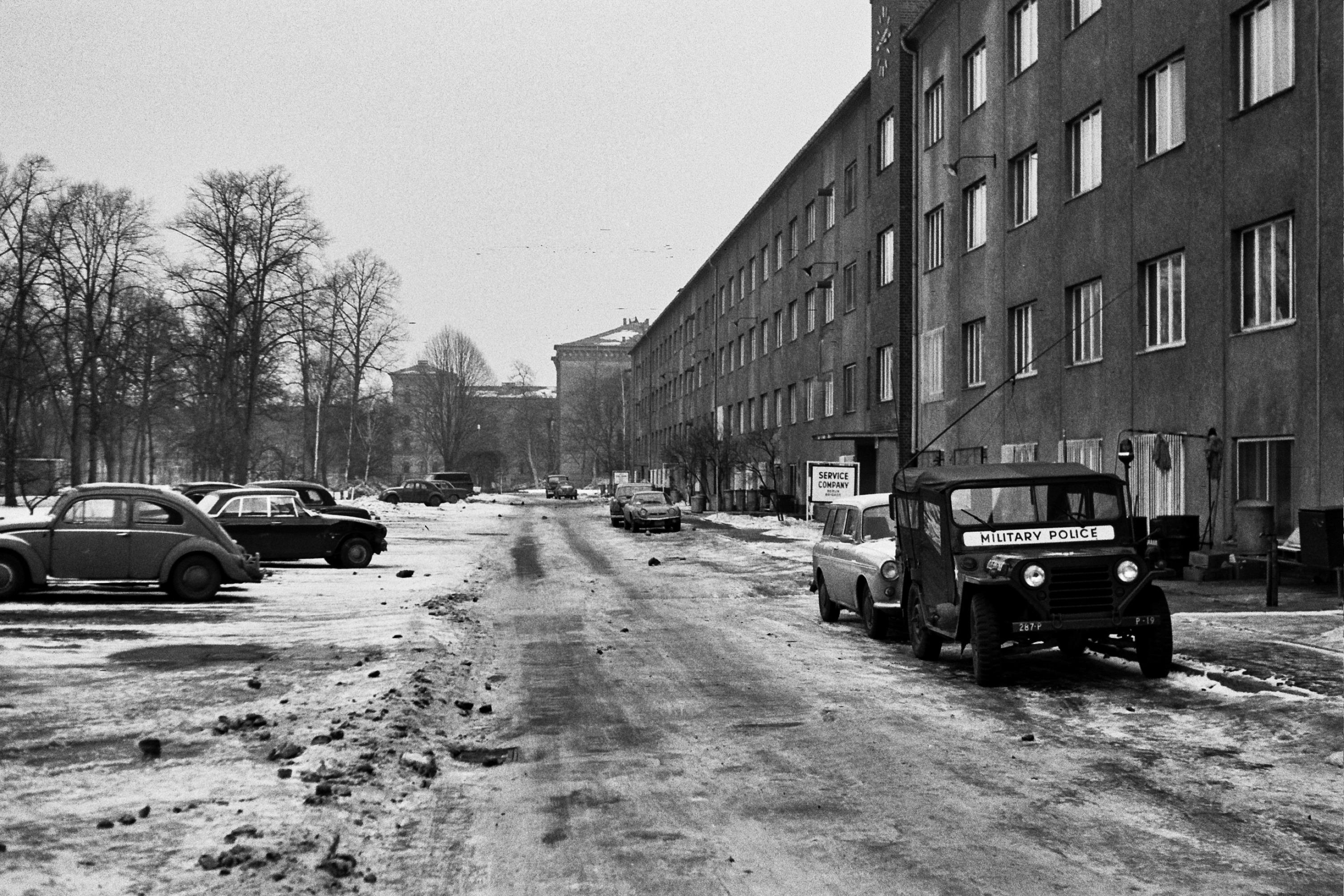
-- rwr
 R. W. RynersonParticipant
R. W. RynersonParticipantMy copy arrived in Denver on Friday, March 12th, lapping the following issue. It had some great stories worth the wait.
We shouldn’t feel singled out. In the previous week my February copy of International Railway Journal arrived, followed a week later by the December and January issues. It is shipped in bulk from the UK and mailed on the East Coast. Like our Berlin Observer it is professionally mailed, with machine-readable addresses. My retirement home is next door to the postal substation.
-- rwr
 R. W. RynersonParticipant
R. W. RynersonParticipant R. W. RynersonParticipant
R. W. RynersonParticipantI’d like to thank the Board for the hard work they’ve put in on this issue. Many of us book travel and rooms for extended vacations around the reunions so the issues involving cancellations are multiplied. In thinking of the reunions I’ve attended since 1999 in CONUS and in Berlin it amazes me how well things have gone (one Berlin wildcat transit strike for half a day and a Lufthansa pilots’ strike for which the airline rebooked me to the last seat open before the strike deadline). Let’s keep up our solid record!
-- rwr
 R. W. RynersonParticipant
R. W. RynersonParticipantI remember that winter because I had never done winter driving before! In April I hit a curb while making a right turn. My partner and I couldn’t figure out why I did that and then we realized that the pavement was dry for the first time and all winter I had been under-steering because the rear of the car swung out like a boat on the slick paving stones.
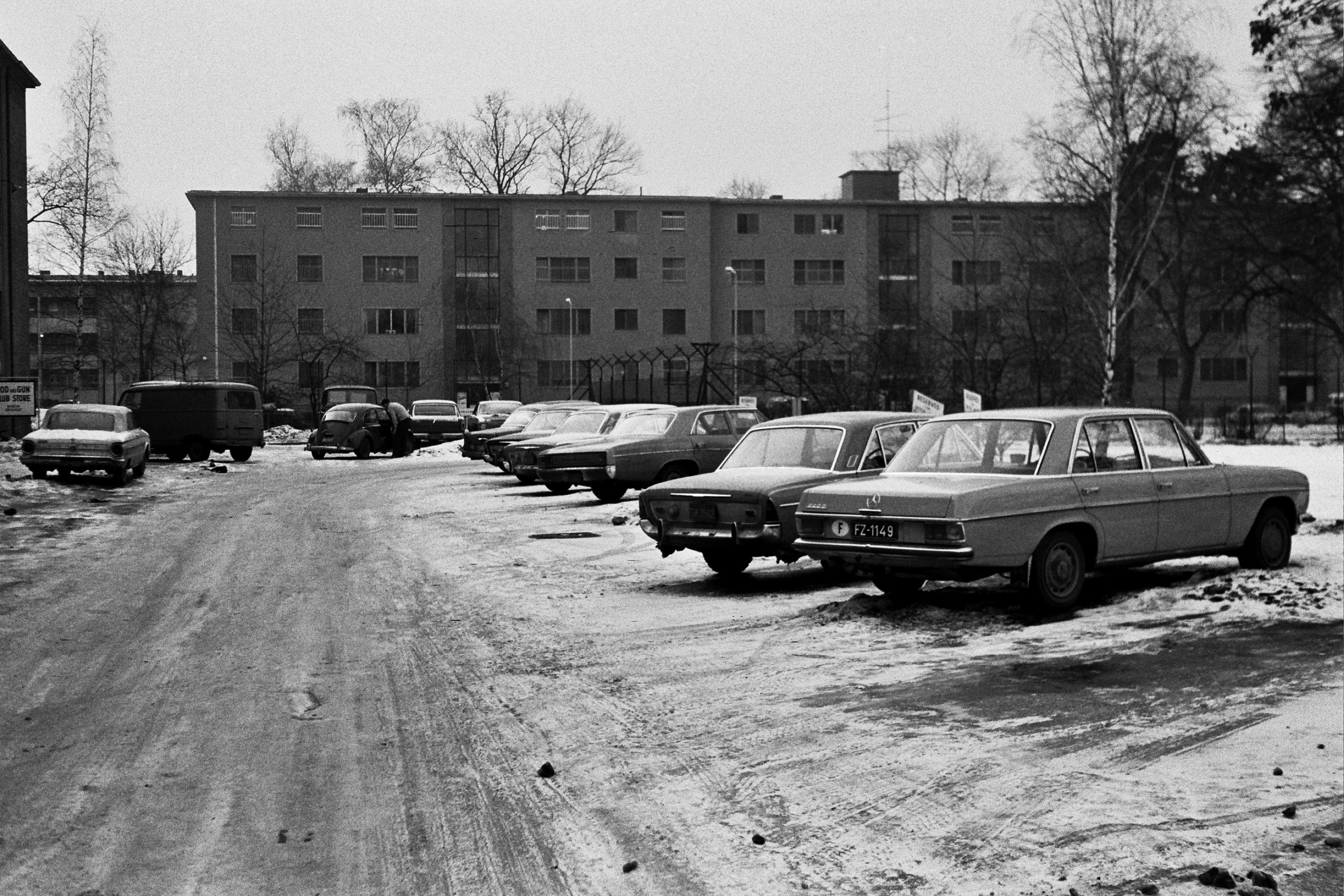
-- rwr
 R. W. RynersonParticipant
R. W. RynersonParticipantI read about the Onkel-Toms housing in your book and heard about from residents of the area. I figured that someone would be interested! A subsequent report states that there was an explosion in the Vietnamese fast food place. The description sounded like it was a pressurized gas cylinder blowing up.
A fire seems ironic because that’s what happened to the ausflugsziel forest gasthaus run by a guy named Thomas. I hiked out there in 2005 with retired GP Reinhard and we found the ruins.
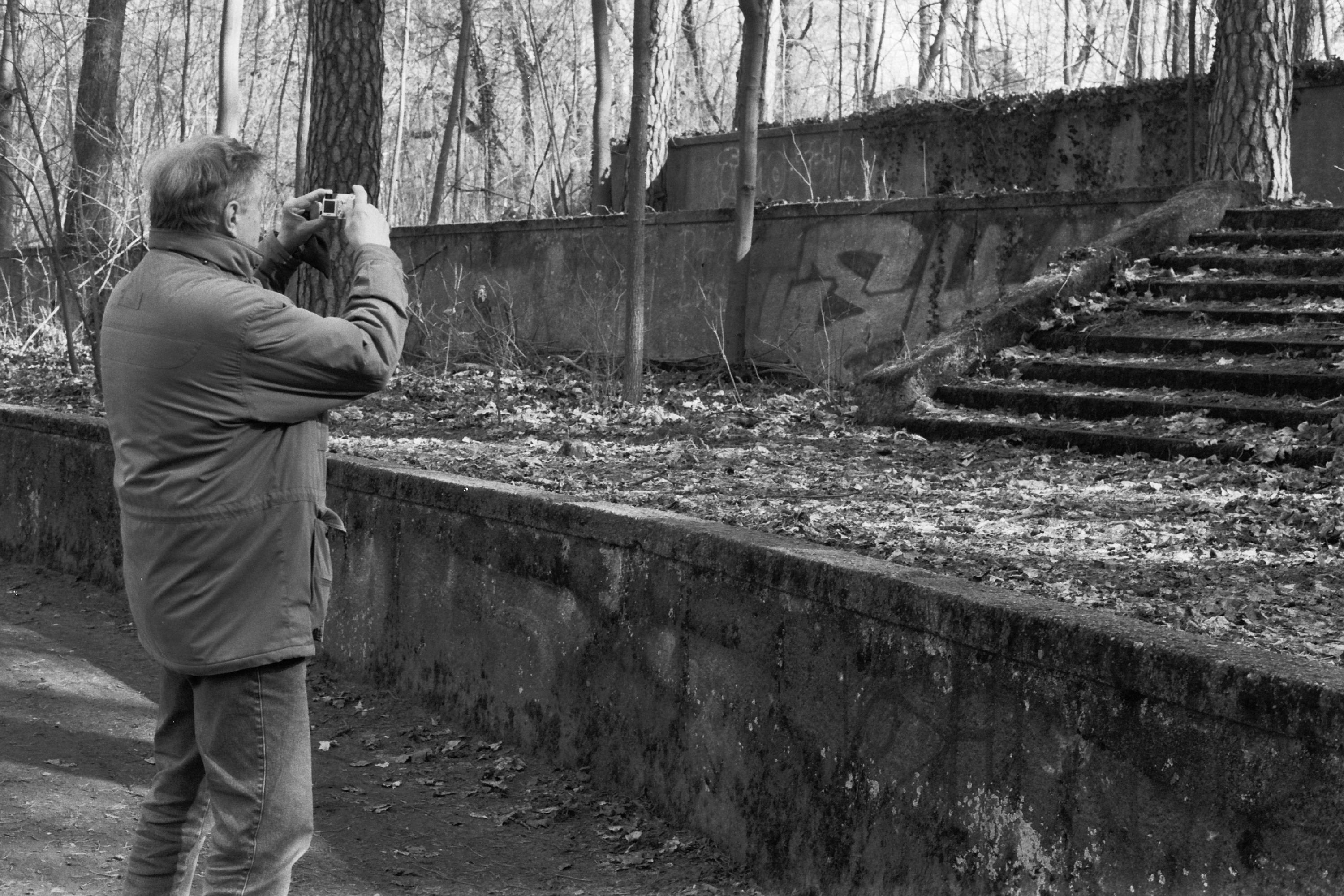
-- rwr
 R. W. RynersonParticipant
R. W. RynersonParticipantI was in Berlin for Thanksgiving in 1969 and 1970. I worked alone at least one of those days. I was the only single guy in our project in 1970 and was living in the villa on Sven-Hedin-Strasse on separate rations. That let all the married guys spend time with their families. That may sound overly noble, but the trade-off gave me some benefits later on.
My best Thanksgiving in the Army was in Basic Training oddly enough. My parents drove up from Portland to Fort Lewis and joined me for dinner. The mess sergeant even set up special places for us. I was the only trainee in the company who had family join him.
My dad said it was “just like 1943.” It wasn’t just the temporary WWII barracks. It was also that the first few people they asked for directions said “Dunno, I just got here.” He did Basic there for the Army Air Corps. When my company marched to an auditorium I saw that the temporary World War I barracks that my grandfather had lived in for training in the Oregon National Guard were being demolished.
-- rwr
 R. W. RynersonParticipant
R. W. RynersonParticipantBerlin veterans and their families will remember the Onkel-Toms-Hütte U-Bahn Station. Even if they don’t recall its disconcerting name (which did not intend to refer to the novel) they will remember its unusual shopping center design. The lower floor lined up level with the U-Bahn platform. Today, 15 Nov 20, it was damaged in a fire. No word yet on cause, overall damage, etc.
Lead paragraph from Der Tagespiegel translated by Google:
In a fire on Sunday evening, meter-high flames spread to the roof of the Onkel-Toms-Hütte underground station in Berlin-Zehlendorf. A fire brigade spokesman said that a seriously injured person was flown to a special clinic by helicopter with burns. Three people suffered mild smoke inhalation, including a child. By 11:30 p.m. the fire was largely under control.
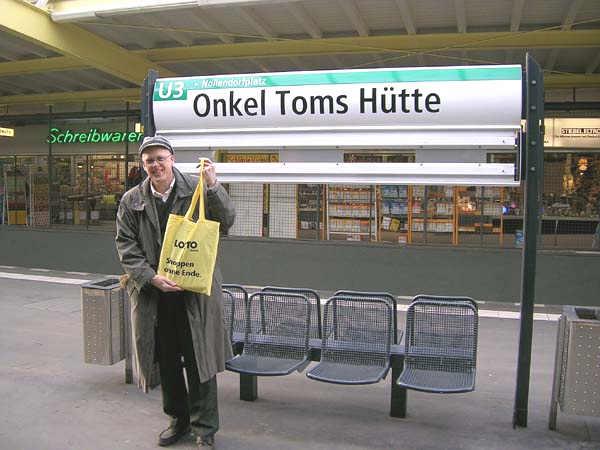
-- rwr
 R. W. RynersonParticipant
R. W. RynersonParticipantLarry, I’m glad that you connected with European relatives. I arrived in Berlin to work in the rail operation in June 1969. By March 1970 I had tracked down our German relatives. We had an envelope with their pre-WWI farm address and luckily they hadn’t moved. It did take me a while to figure out the address. When I went to call on them I stayed in the village (the only guest in a 10-room hotel) because the last name was a common one.
When I went to their farm, they had a copy of the same photo of the family in front of their house as I did. It was from my great-grandfather’s one trip home in 1905. The old man of the family while I was stationed in Berlin was a two-year old kid in the photo. We had some soldier to soldier conversations (as it turned out I had relatives on both sides in the Normandy battles). It was great to visit them several times, including for Christmas 1970, so I could contrast their lives with life in Berlin.
I visited again in 2012 and my distant cousins took me on a tour that included windy Wilhelmshaven. They knew I was interested in transportation and Georg is a long-haul trucker so he knew the right places to see.
-- rwr
 R. W. RynersonParticipant
R. W. RynersonParticipantI re-read your Band account and should have had a street map handy to follow it! I wrote a 4th of July account long ago that was published in the Berlin Observer May 1999 issue. (I joined after Clyde Cates found me online. I had given up looking to see if there was a Berlin veterans’ group just before it got online.) My 4th turned out to have gotten me out of a month of Spandau guard duty during a time when my sister and her future husband were visiting Berlin, so I didn’t have it as bad as I first thought.
-- rwr
 R. W. RynersonParticipant
R. W. RynersonParticipantI learned that in 1974 British middle-school kids on spring break EGGED some of the GDR border guards while the guards were checking the undercarriage of their car. Fortunately the guards didn’t retaliate. You can imagine, though, what hell broke loose within the British school organization.
-- rwr
 R. W. RynersonParticipant
R. W. RynersonParticipantI always felt sorry for whoever received the bottom flimsy of our logs, reports, etc. I was familiar with the problem from hanging around railway telegraph offices when I was a student. It’s a wonder that there weren’t more train wrecks from illegible Train Orders. Somehow the Army was able to carry out its mission without the bottom guy on the carbons being certain that he knew what we were up to.
There were cynics who thought that no one read the material, but years later I met an officer who had worked in Heidelberg and he knew about the work we did. BUT, he may have been closer to the top carbon.
Regarding the picnic, I missed it. Being single, I often volunteered to work holidays or family event days. That paid off with more flexibility when I needed time off.
-- rwr
 R. W. RynersonParticipant
R. W. RynersonParticipantThis isn’t the easiest bulletin board to navigate — and I run my own website on WordPress so some of it is familiar to me. I’m going to give it a test by attaching a sample of how the Army invites one to a picnic, and we’ll see if it gets posted.
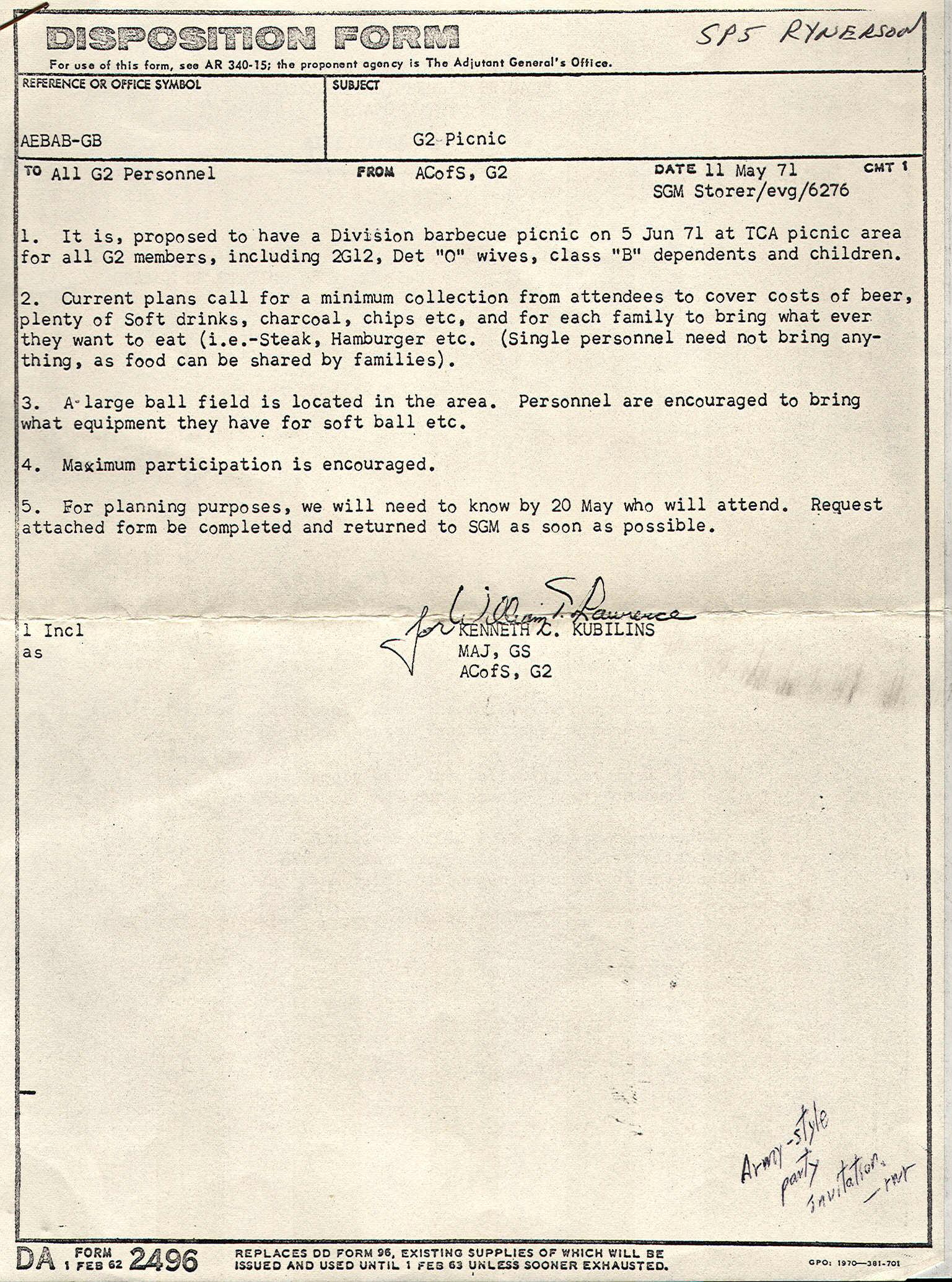
-- rwr
 R. W. RynersonParticipant
R. W. RynersonParticipantDuring my time on the trains (69-71) there had been a crackdown on trinket trading. Ditto on the British train. On the French train, however, it was open season. It was a different story on the Autobahn. Unlike our army, the Soviet Army did not charge for replacement or supplementary ribbons, belt buckles, etc., so there were a lot of things available.
There was a Soviet lieutenant at the Marienborn rail checkpoint who was an officer because he was a sports star, rather than due to any signs of bright thinking. (He used to sleep right up till the time our train came in, so did not come across as being very competent.) On one of my OJT Interpreter trips he slyly told us that he’d heard that in West Berlin one could buy an item that interested him. I thought, uh-o, he’s going to ask for some banned “anti-Soviet” literature. Nope, he had heard about a ball point pen that had an image of a girl in a bathing suit in a clear liquid. When one tipped it to the other direction, the bathing suit slipped off.
It was hard to keep from laughing. I told him that I was too new in Berlin to know where to buy such a thing. (Actually, I figured that it would not be difficult to find, but I didn’t want to encourage him.) Back in Service Company, my roommate was one of the heavy-haul truck drivers trained to drive the Autobahn. I told him this story and he asked me for the lieutenant’s name, thought my description of him sounded familiar. A week or two later he showed me the sparkling new Soviet Army belt buckle that he had traded the lieutenant for the sought-after sample of Western decadence.
— rwr
-- rwr
 R. W. RynersonParticipant
R. W. RynersonParticipantHot and humid in NJ is one of my favorite war stories. In the end of May 1969 I had to report to Fort Dix to be shipped to 18th AG Repl Bn in Frankfurt. It was hot and humid at Fort Dix and to make an Oregonian more miserable the mess hall had a big photo mural of snow-covered Mount Hood over icy Lost Lake.
Our bunch was flown in daylight by a USAF Reserve crew in a C-141 getting their training time in. We landed after dark in Rhein/Main Flughafen, sorted out our duffel bags and sort of formed up on the tarmac in a cool drizzle. I got into my bag and pulled out my raincoat.
The TC sergeant in charge came over to me and asked how with this planeload of soldiers I was the only one with a raincoat.
“I’m from Oregon, Sergeant, and the Army manual on Germany says the weather is like western Oregon and Washington. So, I packed my raincoat on top.” Thanks to the New Jersey weather, most of the raincoats were way down in the bags. I had been frantically reading up on Germany after discovering that our class at Fort Ben Harrison was going to Europe instead of Vietnam.
“Fine,” he said. “The buses don’t have room for everyone, so they’ll have to make a second trip. You can wait.”
I didn’t mind standing there in the drizzle. It felt so good after Fort Dix!
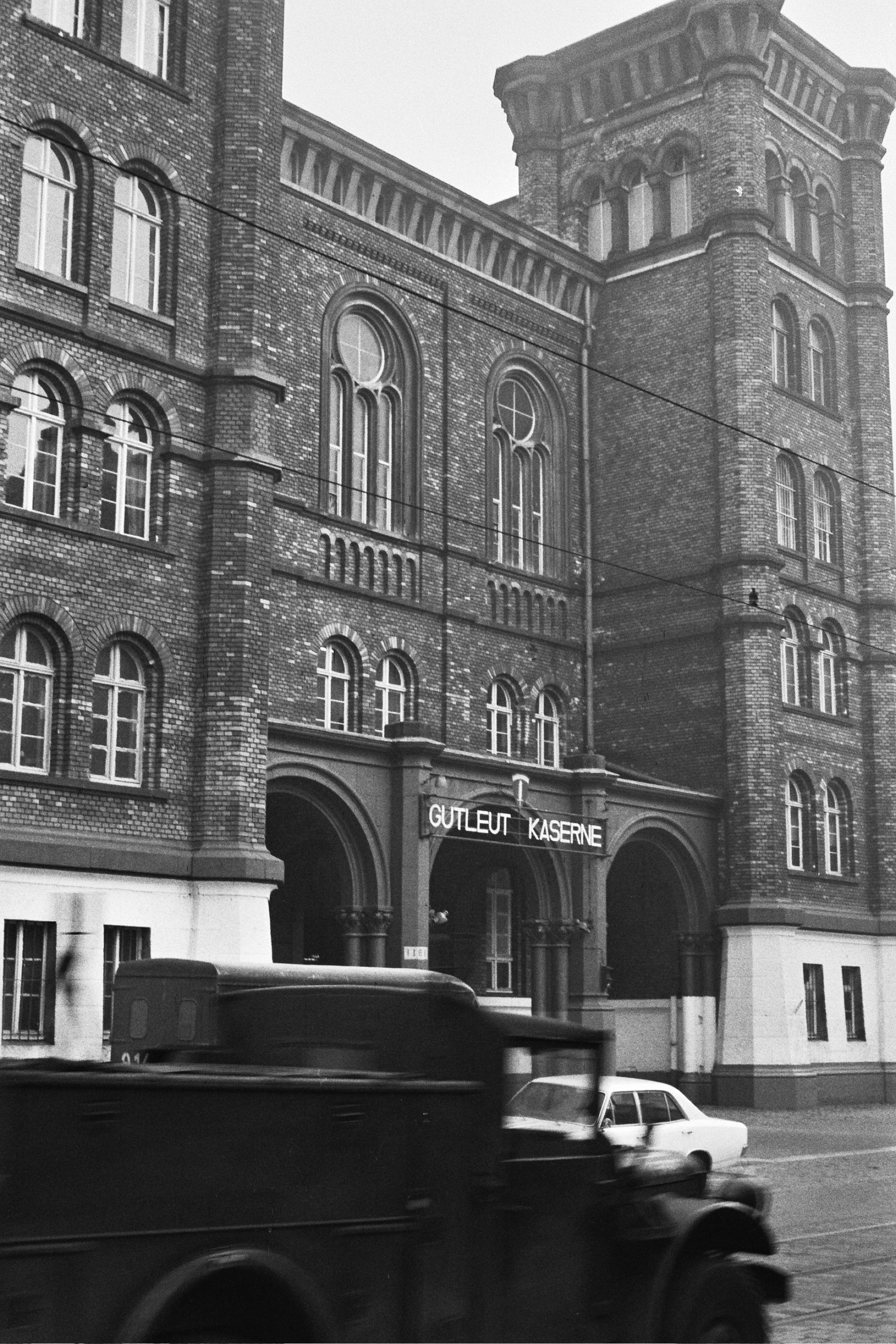
-- rwr
-
AuthorReplies

